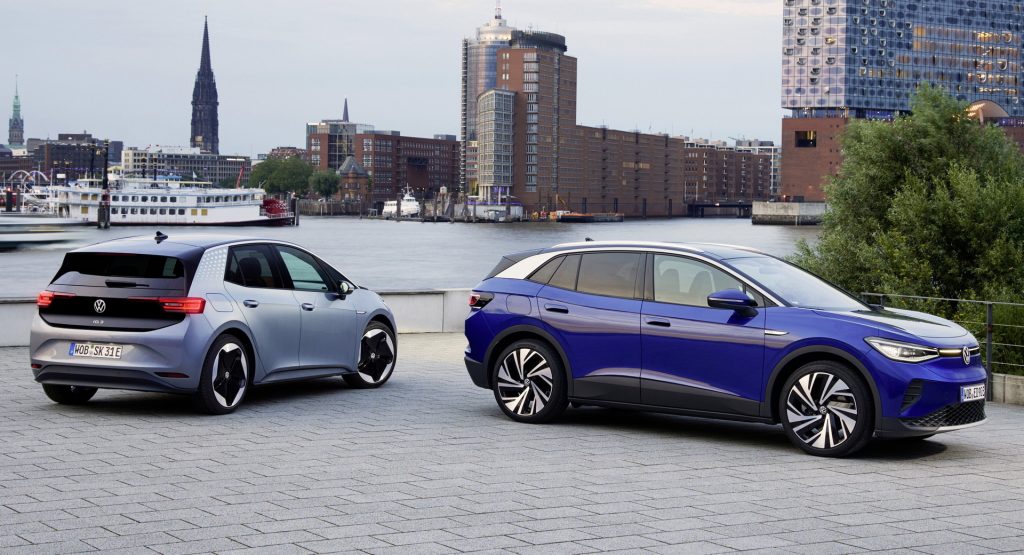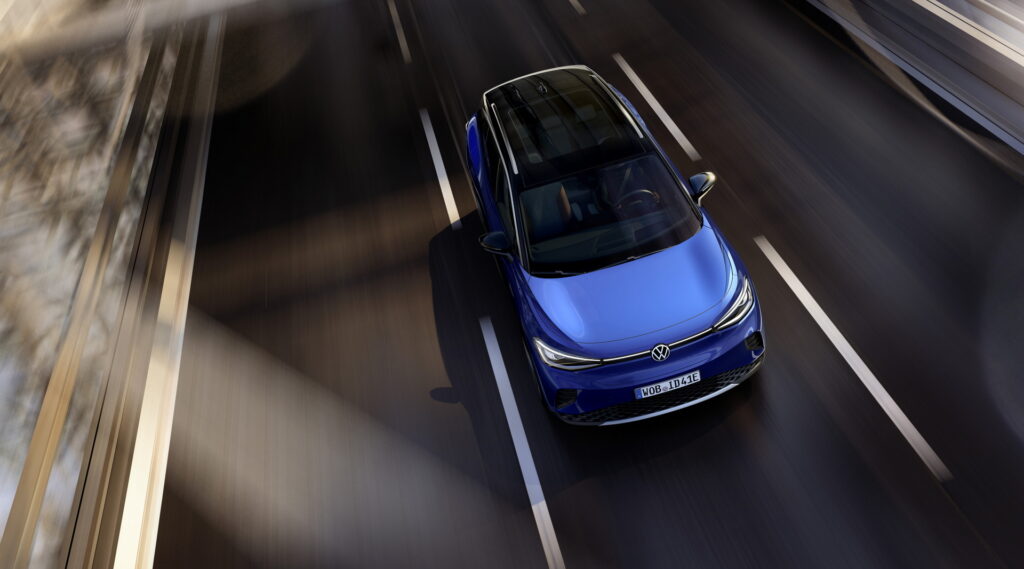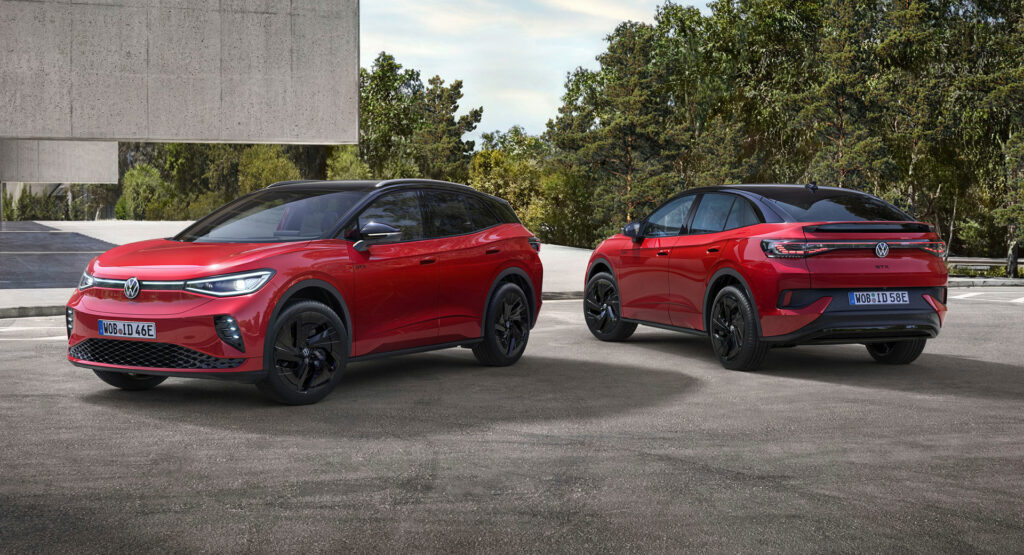The chief executive of Volkswagen Passenger Cars doesn’t think hydrogen power makes sense for consumer-oriented models, at least not this decade.
While many of the world’s largest car manufacturers are transitioning their line-ups to consist of nothing by EVs, there remain a handful that still believe hydrogen has a future, such as BMW, Toyota, and Hyundai.
While recently speaking with Spanish publication Autobild.es at CES in Las Vegas earlier this month, Thomas Schäfer was asked for his opinion on hydrogen powertrains. He isn’t a fan.
Read: VW Thinks Hydrogen Tech Is More Suitable For Commercial Vehicles Than Passenger Cars

“Hydrogen is not for us,” he said. “No. Hydrogen is pure physics and it’s expensive. It’s not competitive, especially not for passenger cars, whose tanks take up space in the cabin. Maybe for commercial vehicles, but not in the passenger car. So, I don’t see this happening in this decade. Not at Volkswagen.”
This isn’t the first time that Volkswagen has scoffed at the idea of using hydrogen powertrains in passenger cars. Three years ago, Volkswagen Passenger Cars technical chief Matthias Rabe also said that fuel-cell technology is not an option for VW.
The German car manufacturer wasn’t always so opposed to the idea of hydrogen-powered passenger cars. In 2014, it unveiled both the Passat HyMotion and Golf Estate HyMotion prototypes and once planned on putting them into production. The two vehicles featured a 134 hp electric motor, a lithium-ion battery pack, and specially developed carbon fiber tanks mounted within the floor that stored the hydrogen.
VW Group brand Audi had also long been a proponent of hydrogen-powered cars. The company developed a series of fuel-cell prototypes and concepts but in 2021, concluded that hydrogen didn’t have a future.




